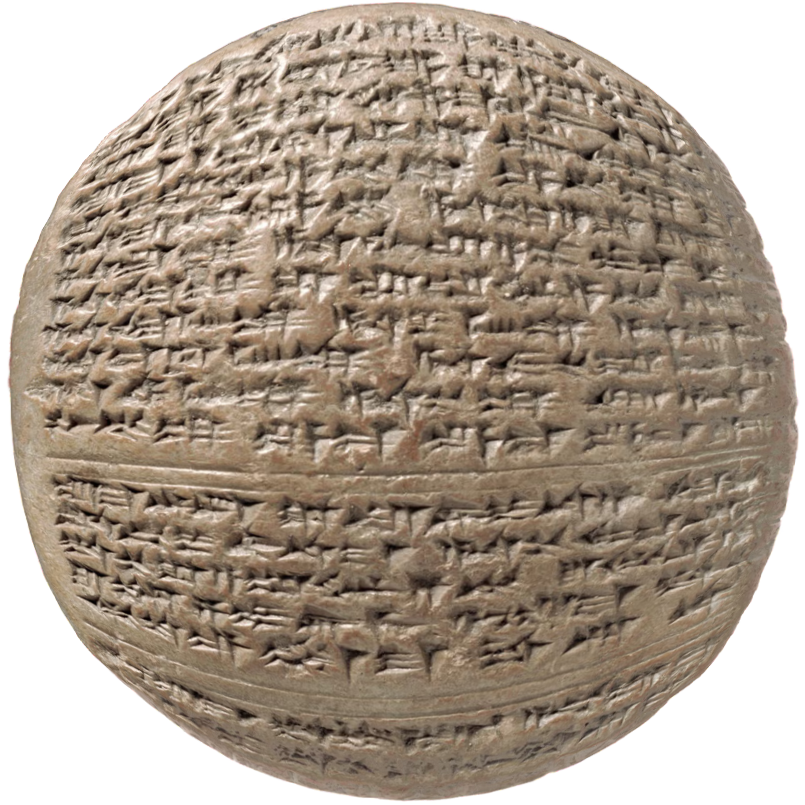×
Vault beneath the Wave: Click thumbnails...

Now
Echo
Instigator
Then
21 CE
1500
BCE
BCE
500 BCE
32
BCE
BCE
→Join the conversation...
Meet the characters

Meet the characters